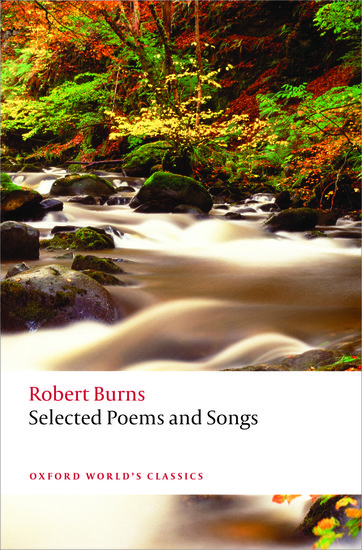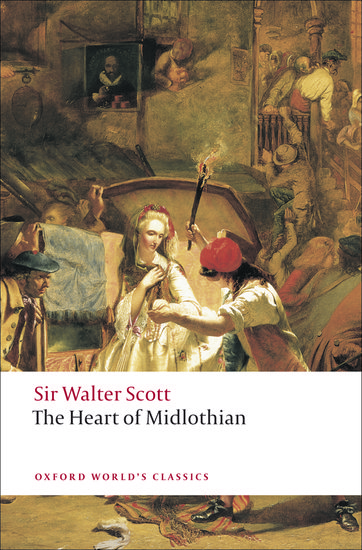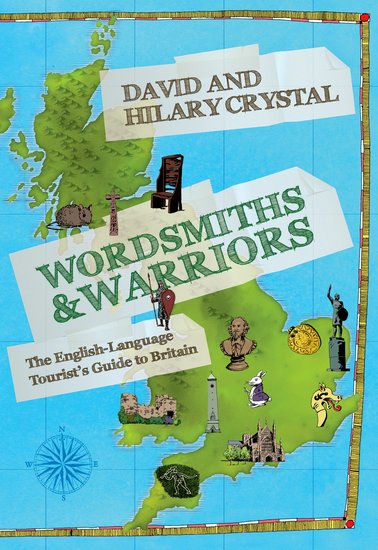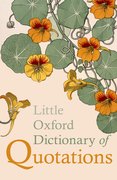The Banks O’ Doon
Robert Burns was born on 25 January 1759 in Alloway, a small village near the river Doon just south of the town of Ayr, in the south-west of Scotland. As Scots and Scotophiles to world over prepare to celebrate Burns Night tomorrow, here’s an excerpt from the new Oxford World’s Classics edition of his Selected Poems and Songs, dedicated to that river near which he grew up.









